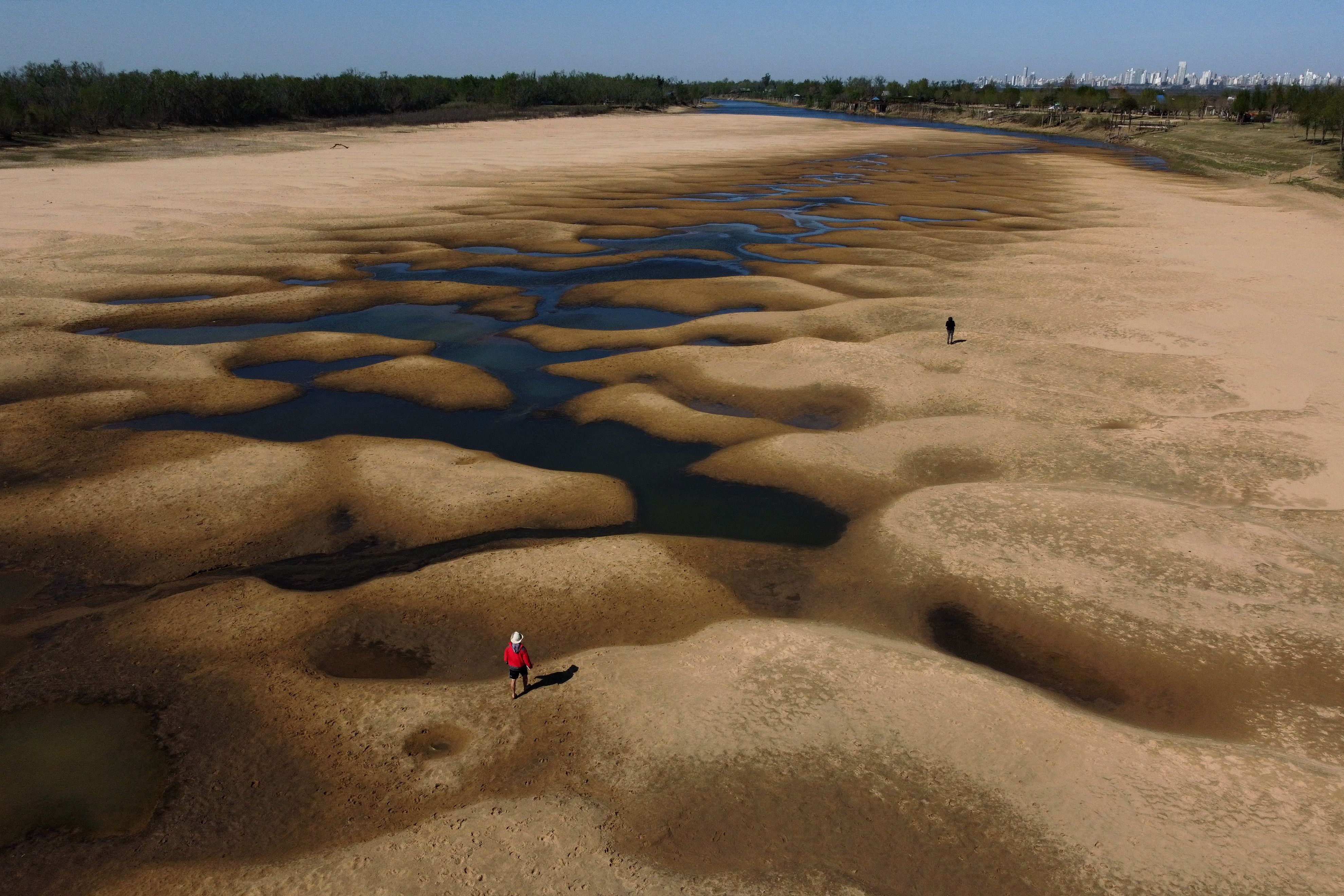- cross-posted to:
- [email protected]
- cross-posted to:
- [email protected]
Leading scientists worldwide delivered a striking dose of reality to the United Nations on Sunday: it’s “becoming inevitable” that countries will miss the ambitious target they set eight years ago for limiting the warming of the Earth.
The ominous estimate points to the growing likelihood that global warming will shoot past 1.5 degrees Celsius before the end of this century, inflicting what scientists describe as an overwhelming toll from intensifying storms, drought and heat on people and the economy. It also injects an urgent message into global climate talks in Dubai, where the debate over ramping down fossil fuels is set to flare over the next two weeks.
Surpassing the temperature threshold — even temporarily — would be a major blow to the international Paris climate agreement from 2015, which called for nations to keep global temperatures well within 2 degrees Celsius of their preindustrial levels, and within 1.5 degrees if at all possible. The findings come amid climate talks that for the first time are focused on taking stock of whether almost 200 nations are meeting that goal. Early indications offer a bleak picture.



The northern hemisphere has more land, so I would guess that affects how much sunlight gets absorbed
The ocean absorbs a ton. It’s one reason the ice caps melting is so bad. Ice reflects 90% while water absorbs 90%.
This is key. We might not notice it as quickly as on land, but water holds so much more energy than air. A warm ocean has a lot more and longer effect than warm land, even tho people are inclined to downplay it. The amount of heat required to increase the ocean with 1 degree is staggering.